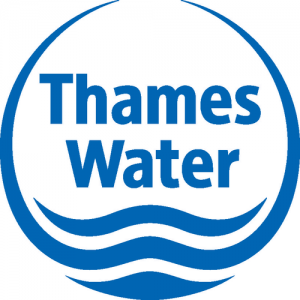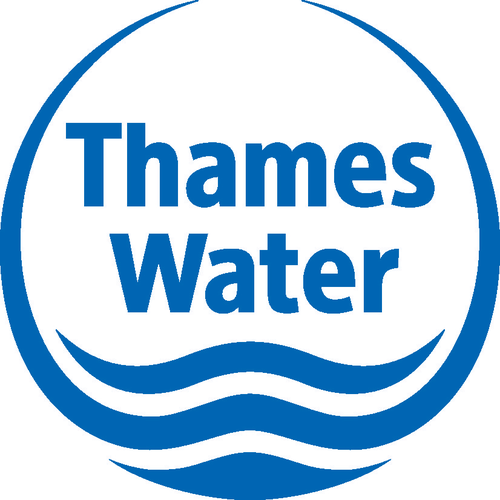 Thames Water, the nation’s largest water provider, paid no corporation tax during the 2013 financial year, despite record profits. The water company, which raised its fees by 6.7 percent during 2012 in order to increase overall revenue, made over 500 billion pounds in profit and diverted its income through a Cayman Islands fund.
Thames Water, the nation’s largest water provider, paid no corporation tax during the 2013 financial year, despite record profits. The water company, which raised its fees by 6.7 percent during 2012 in order to increase overall revenue, made over 500 billion pounds in profit and diverted its income through a Cayman Islands fund.
The company’s tax arrangements, unlike those used by several other international corporations currently causing alarm in Britain, are believed to be completely legal in nature. The company’s profits were used to pay ‘inter-company loans’ to Cayman Islands funds, which were subsequently used to fund pensions and staff bonuses.
Numerous international companies have been accused of using underhand overseas tax arrangements to escape taxes in Britain during the last year. Notable companies include Google, which routes its UK-based income through Ireland and Luxembourg, and Starbucks, which is alleged to have paid no corporation taxes in the UK.
While none of the companies’ tax arrangements are explicitly illegal, their minimal to non-existent tax payments are raising the eyebrows of consumers upset at rising water prices and sluggish service. Thames Water’s customer satisfaction ratings are reportedly on the decline – a change caused by rising prices and poor service.
Thames Water used a variety of offshore companies and investments to reduce its tax obligations in 2012, including a large investment in its infrastructure that lead to a £5 million credit from the government. The company claims that its tax strategy is completely legal and ethical, and that Thames Water was ‘low risk’ to HMRC.
Despite the company’s insistence that its tax arrangement offers it no advantages, a number of consumer groups and unions are upset at Thames Water. David Prentis, the general secretary of Unison, claimed that as well as overcharging its customers, Thames Water was “ripping off the taxpayer, too.”





